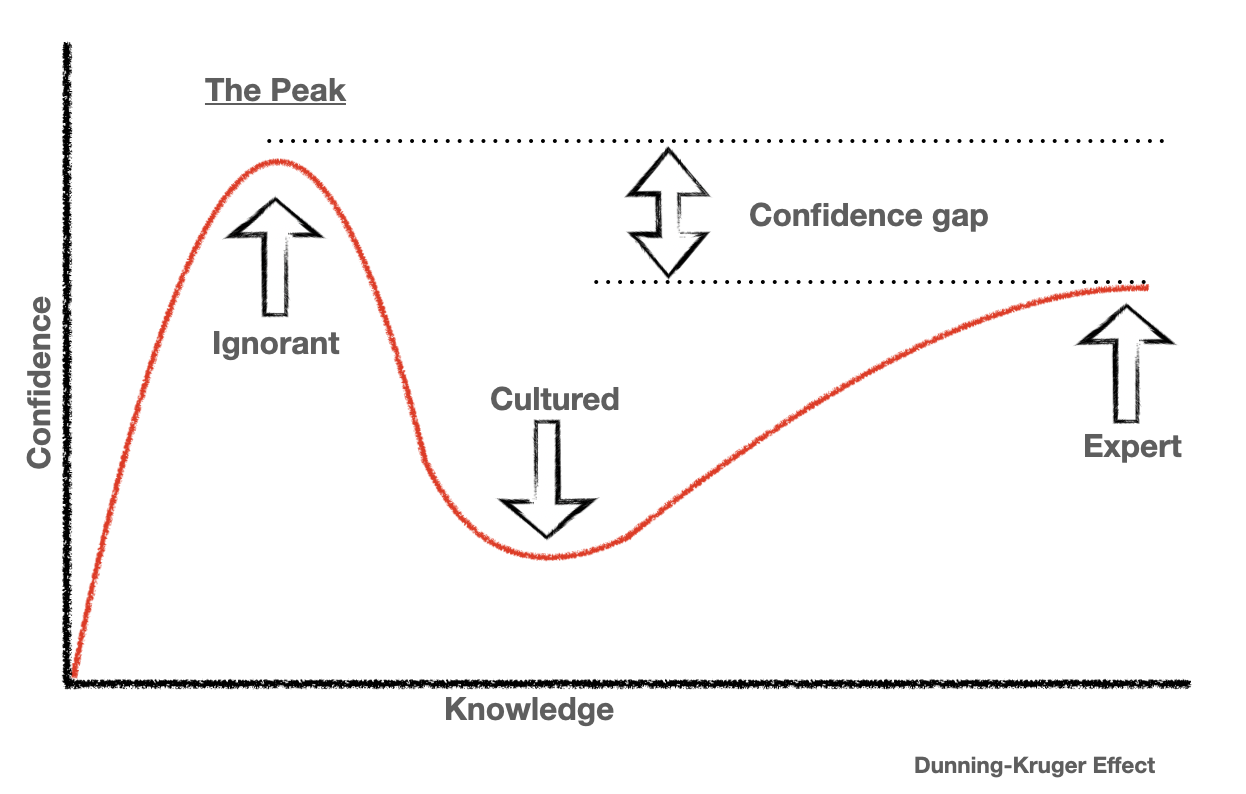It’s not every day that you’re invited to have dinner at the British Ambassador’s house at The Hague, Netherlands to discuss solutions to fix the small business banking problem and why it even exists in the first place.It’s an interesting question and one that is constantly on our minds here at tomato pay (formerly known as Fractal).
Although it’s a colossal task, unlikely to be solved at one dinner with a dozen people (including ING, Aegon, British Business Bank, Funding Options and Funding Circle), at the very least, these initial conversations spark action and debate, both necessary to begin the extensive process of helping small businesses with essential funding.
Everyone in attendance shared the same goal - to identify why banks find it so hard to finance small businesses and how we can work to solve this.
Throughout the dinner, the discussion focused on three central themes:
Banks continue to incorrectly categorise small businesses.
No two businesses are the same, yet, banks still treat them as if they are.
Banks continue to offer depersonalised, one-size-fits-all financial products to their clients. This lazy mentality contributes to the funding gap and harms small business owners who seek finance to suit their unique needs.
Banks need more access to business data to better calculate risk.
Banks base their credit and risk score on a number of factors, business details (how genuine is this); previous banking data and have they taken a loan out before (potential to pay); and business credit score, historical payments to suppliers and homeowner status (intention to pay).
Without automatic and clear access to all of this data, banks cannot make an appropriate, timely decision on lending.
Furthermore, these decisions are manual and laborious for both banks and small businesses who share the task of going back and forth with various financial documentation, leaving a lot of room for human error and bias.
There is a lack of visibility from banks to small businesses.
Expanding on the point above, if banks cannot fully see their small business client’s data, how are they expected to understand their needs?
Once upon a time, it would be difficult for banks to see all of a small business’s accounting, banking and payment data in an efficient, clear way.
This fragmentation of data causes significant delays when it comes to lending (banks can take up to 90 days to fund small businesses from the time they apply), especially when small businesses historically allow little time between applying for a loan and the time that they actually need it. In the end, this can cause a small business to run out of money and ultimately, fail.
What can we do about it?
To help improve the small business banking experience, three points should be taken into consideration:
-
Embracing regulation such as Open Banking. Opening up data gives small businesses a better chance of getting products that can help them understand and save time managing their finances.
-
Understanding the importance of new technologies such as AI and machine learning. Technologies like this can help to improve their predictive scoring systems, giving small businesses a better chance of accessing finance.
-
Improving engagement with small businesses. To better serve small businesses, first, everyone needs to go the extra mile to understand who they are and what sort of financial help (for example, access to funding, or better insights to understand their future cash flow) they need to succeed. If banks were to have a clear view of their small business client’s data, then they could engage preemptively. For example, they could let their client know exactly when they will need additional financing and which financial product will suit their needs based on their historical data and predicted forecasted cash flow.
We can already see that innovative fintechs and forward-thinking banks are taking the time and resources to solve this burgeoning issue. Open discussions, like the one we participated in at the Hague last December, can help us identify and address the problem at hand - the current disconnect between the financial industry and small businesses.






